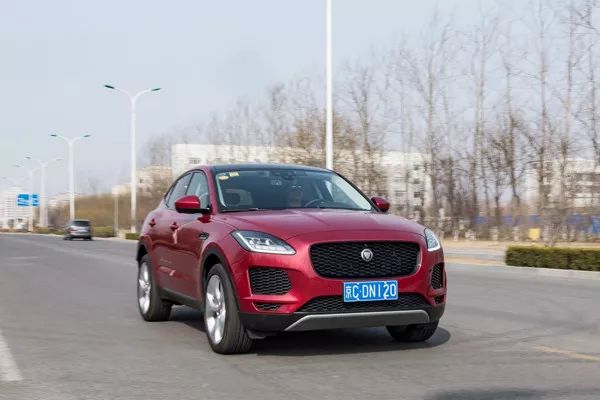On September 4, 2019, Porsche’s first pure electric sports car, the Taycan, will be unveiled, ushering in a new era of sports car fun. Looking back at the development history of Porsche is also a history of the evolution of vehicle electrification technology. From the stunning Lohner Porsche in 1900 to the highly anticipated Taycan in 2019, the electric gene has never been absent in the glorious history of this luxury sports car manufacturer across the world.
After going through the full development phase of parallel hybrid technology, Porsche continues to march forward bravely, marching towards the next peak. With the successful practice of 800V technology, this giant in the sports car industry has taken an important step in pure electric travel. In this series, we will start a new era with Porsche and welcome the arrival of its first pure electric sports car, the Taycan.
The Trial of Ultra-Modern 800 V Technology
The fastest test bed Porsche has ever built: the 919 Hybrid
Year: 2014
Drive system: 2-liter four-cylinder turbocharged engine and two electric motors (system power over 900 PS)
Technical highlights:
– Maximum energy efficiency through optimized component efficiency, including aerodynamics and lightweight construction of all components, especially energy recovery and drive systems, and for the first time equipped with 800 V technology.
– The hybrid system consists of two different energy recovery systems, one where the electric motor on the front axle converts kinetic energy into electricity during the braking phase, and the other that extracts heat energy from the exhaust airflow.
– The energy storage medium is changed to a self-developed water-cooled lithium-ion battery that combines large capacity and extremely high energy density, thereby achieving a balance between rapid discharge and output power.
– When accelerating, the electric motor on the front axle drives the front wheels through the differential lock, supplemented by the internal combustion engine driving the rear axle, so that the car can achieve a four-wheel drive effect.

The Porsche 919 Hybrid has the capacity to recycle a single 24 Hours of Le Mans to power a home for three months, and its 800 V tech has carried over to the Taycan. After leaving the field full of glory, the 919 Hybrid broke through the rules and was upgraded to the Evo version. The power of the four-cylinder engine was increased to 720 PS, and the power of the motor reached 440 PS. It set a time of 5 minutes, 19 seconds and 55 seconds on the Nürburgring Nordschleife. Stefan Bellof held the record for 35 years.
A decisive step towards pure electric mobility
Porsche’s first pure electric four-door sports car concept: Mission E
Year: 2015
Drive system: two permanent magnet synchronous motors (system power over 600 PS)
Technical highlights:
– For the first time, the concept of a road car equipped with 800 V technology is presented, which not only shortens the charging time and weighs less than the common 400 V technology.
– Two permanent magnet synchronous motors (PSM) similar to the 919 Hybrid not only provide the vehicle with acceleration power, but also recover energy during braking.
– The motor can still reach full power for a short time after multiple accelerations.
– More than 500 km of cruising range.
– Acceleration from 100 kilometers in less than 3.5 seconds and 80% charging efficiency in 15 minutes.
– Four-wheel drive and four-wheel steering.
– The batteries are evenly spaced between two weeks, the weight balance is excellent and the vehicle’s center of gravity is very low.

The Mission E concept car received an overwhelmingly positive response. Porsche’s supervisory board therefore approved the series-production development of the new electric sports car on December 4, 2015. In June 2018, Porsche officially named the first mass-produced pure electric sports car Taycan, implying a heroic young horse. Today, it’s ready to go.
Taycan not only follows the basic elements of the Mission E concept car, but also achieves further development and improvement. 800 V technology, output power greater than 600 PS, maximum speed greater than 250 km/h, acceleration from rest to 100 km/h within 3.5 seconds…





